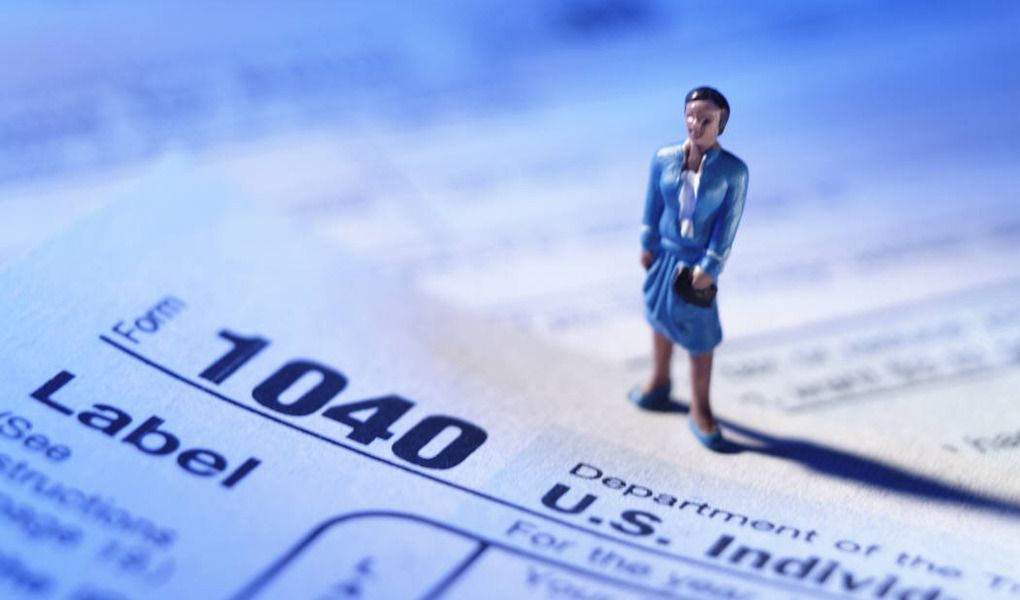It’s the time of year when you need to file your taxes. If you’ve experienced a relocation during the year, those expenses should be filed on your tax form. Your tax return may need to be reviewed by a professional if you’re used to doing it yourself, because the intricacies of filing additional expenses may be foreign. There are a number of write-offs you may be entitled to, and a number of states that have no state income tax. Those states are Texas, Florida, New Hampshire, Wyoming, Arkansas, Washington, Tennessee, South Dakota and Nevada. If you have a self-storage unit for business or relocation, guess what? You just found another deduction for your return.
If your employer is paying some of all of your relocation costs, each one will fall into one of three categories: taxable, excludable and deductible. First, you need to find out if you have a qualified move by performing a series of tests:
- Time Test – to pass this test you must expect to work or work in your new location at least 39 weeks of the first year after you arrive in your new location. Even if you have items in a storage facility at your new location, if you do not reside in the area, you do not qualify.
- Distance Test – this test requires you to have moved at least 50 miles from your original home and old place of business.
- Start of Work – your moving expenses must be incurred within a year (12 months) of starting work at your new location.
These three tests are important and all must be passed to qualify for the moving expenses tax breaks. Additionally, if your job is going to reimburse you for the cost of transporting your own possessions, 30 days of in-transit storage and traveling up to 30 days are excludable expenses and should not be considered as income. You can only deduct costs that you were not reimbursed for that qualify.
If you receive a lump sum of money to cover your moving expenses, be sure to keep track of all associated costs so that you can report them on form 3903 to deduct on your 1040 form. Other reimbursable expenses that may occur are pre-move, house hunting trips, meals, temporary living spaces and other expenses are taxable income and will be reported as part of your wages. Always keep all your receipts.
If you are still unsure about your deductions, here is a simple list: moving van, insurance, packing and unpacking, utility connection and re-connections, tips, transportation, storage, lodging and other related costs will all qualify. If you have additional questions, you can check with a storage or moving company via their website or social media pages for answers and assistance that will help you determine tax deductible items. If all else fails, you can consult the Twitter page of the IRS for detailed information. Remember, the date for filing your taxes is April 15 unless you’ve filed for an extension.


